In physics Cryogenics is the study of the production and behavior of materials at very low temperature (below -150°C/-238°F or 123 K).
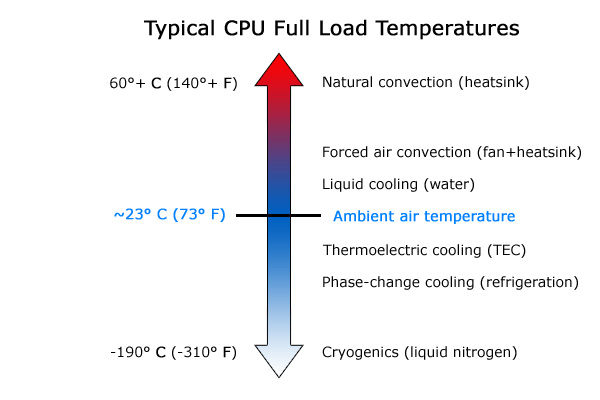
The word cryogenics stems from Greek and means “the production of freezing cold”.
The term is used today as a synonym for the low-temperature state.
Liquid nitrogen is the most commonly used element in cryogenics which used for specialty chilling and freezing applications.
MRC's laboratory liquid nitrogen containers are suited for storage and transportation have wide range of capacities.
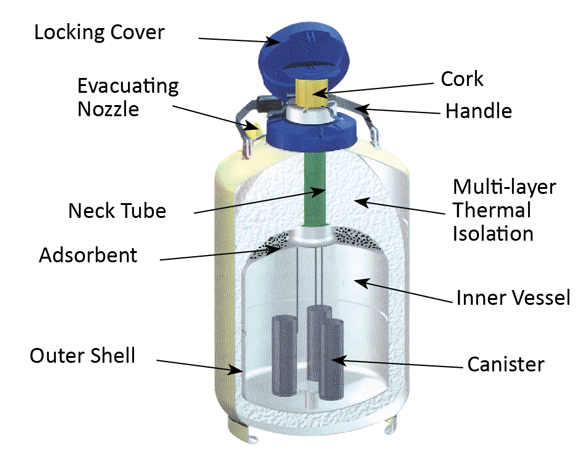
Liquid Nitrogen Containers Are Used:
- For freezing in small volumes of 3 and 8 liters.
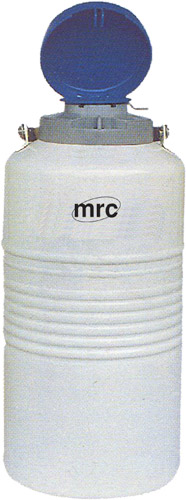
- For storing only liquid nitrogen in portable containers from 1 liter to 50 liters
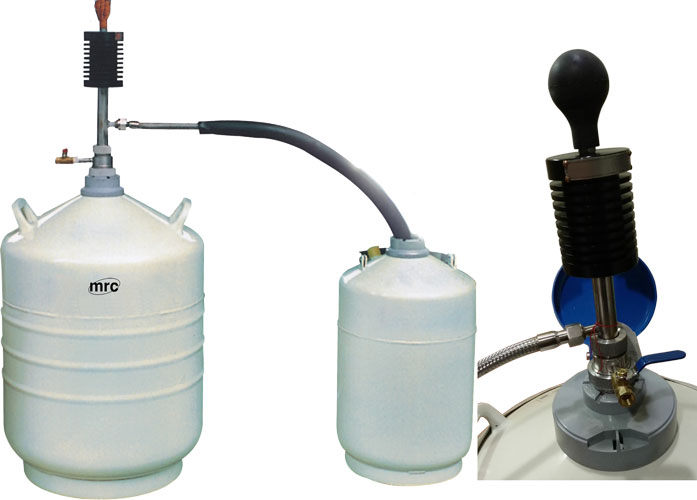
- For storing test tubes of different sizes
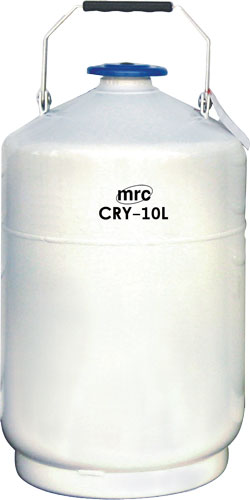
- For storing 1.2 / 2 ml test tubes in boxes. Starting from 875 test tubes to 5670 test tubes.
4 main groups of cryogenic containers:
-Containers for storing liquid nitrogen, come in volumes ranging from 6 liters to 100 liters.
Used to fill storage containers that store test tubes that have begun to empty and the height of the liquid that has dropped
Clinics are used to fill smaller containers.
Used as magicians and entertainers for performances with children.
Used in restaurants.
Used in molecular cooking.
Metal factories Machining and aviation parts manufacturers.
Containers with "cups" - CANISTERS for storing test tubes.
Used for freezing in semen and biological products.
Used in veterinary medicine - sperm preservation.
In clinics and hospitals.
Containers for storing boxes of 1.5 / 2 ml test tubes.
Allows storage of large quantities of thousands of test tubes simultaneously.
Used mainly in hospitals.
Small portable containers designed for test tube deliveries between different destinations
Key Components of a Liquid Nitrogen Container
Inner Vessel: Where liquid nitrogen is stored.
Vacuum Insulation: Keeps the contents cold by preventing heat transfer.
Pressure Relief Valve: Ensures pressure doesn’t build up to dangerous levels.
Neck and Cap: Limits the evaporation of nitrogen.
Applications of Liquid Nitrogen Containers in Laboratories
Cryopreservation of Biological Samples:
Liquid nitrogen containers are extensively used to store biological samples like tissues, cells, and blood for long periods. The extreme cold halts all biological activity, preventing decay or degradation.
Medical Research and Biotechnology:
In biotechnology, nitrogen containers are essential for freezing and preserving samples for DNA, RNA, and protein research.
Industrial Uses:
Liquid nitrogen containers are also used in industrial settings for processes like freeze-drying, shrink-fitting metal parts, and food preservation.